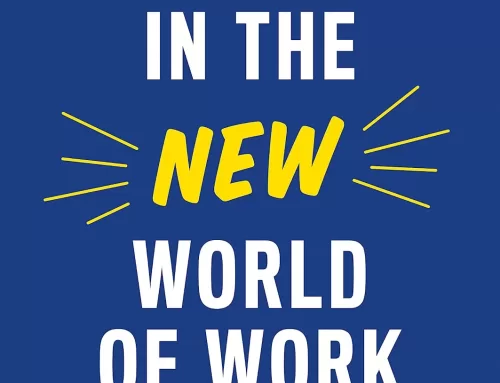….although things could get interesting after that, due to the long lead time required for significant changes in the energy systems. We simply can’t “switch” overnight, and part of Yergin’s new book tells the story of significant changes in the energy industry–and how long they took!
Yergin visited the University of Houston’s Global Energy Management Institute led by Joe Prattto promote his new book The Quest: Energy, Security, and the Remaking of the Modern World.
This book takes over in 1990, where the essential history of the petroleum industry, The Prize, left off. A lot happened since then: no more Soviet Union, rise of China, climate change emerges as big issue. On the energy front, a couple of the more interesting developments have been fairly recent. He noted that Fukushimaeffectively ended the nuclear renaissance. The Arab Spring “could go on for a decade.” Shale gas in the US has broken into the mainstream. Canadian tar sands are brings additional supply onto the scene. And “tight oil.”
So, there is good news and bad news — how does it net out? As suggested above, much the same. To put Yergin’s forecast in context, it’s what we at the University of Houston Futures programrefer to as the baseline forecast, or the most likely future. That is, it is how the future will turn out if present trends continue and there are no big surprises. The joke in the field, however, is that “the surprise-free future…isn’t.” That is, the future rarely unfolds “on trend” and without surprises. Thus, we explore alternative futures. Still, the baseline future provides the valuable service of “grounding” our exploration of the future. Yergin points out some pretty obvious trends that should continue — shift of the industry to greater attention to china, growing environmental considerations, the rebirth of renewables, and a greater role for conservation — and some that are less obvious, such as a “pre-salt” breakthrough in seismic technology leading to discoveries that could enable Brazil to becoming a more important energy player than Venezuela in South America.
All told, an enjoyable and useful talk. I, of course, would have like to hear more about what’s beyond the next 20 years, when things could look different, but I suspect that’s a good topic for his next book. Andy Hines




